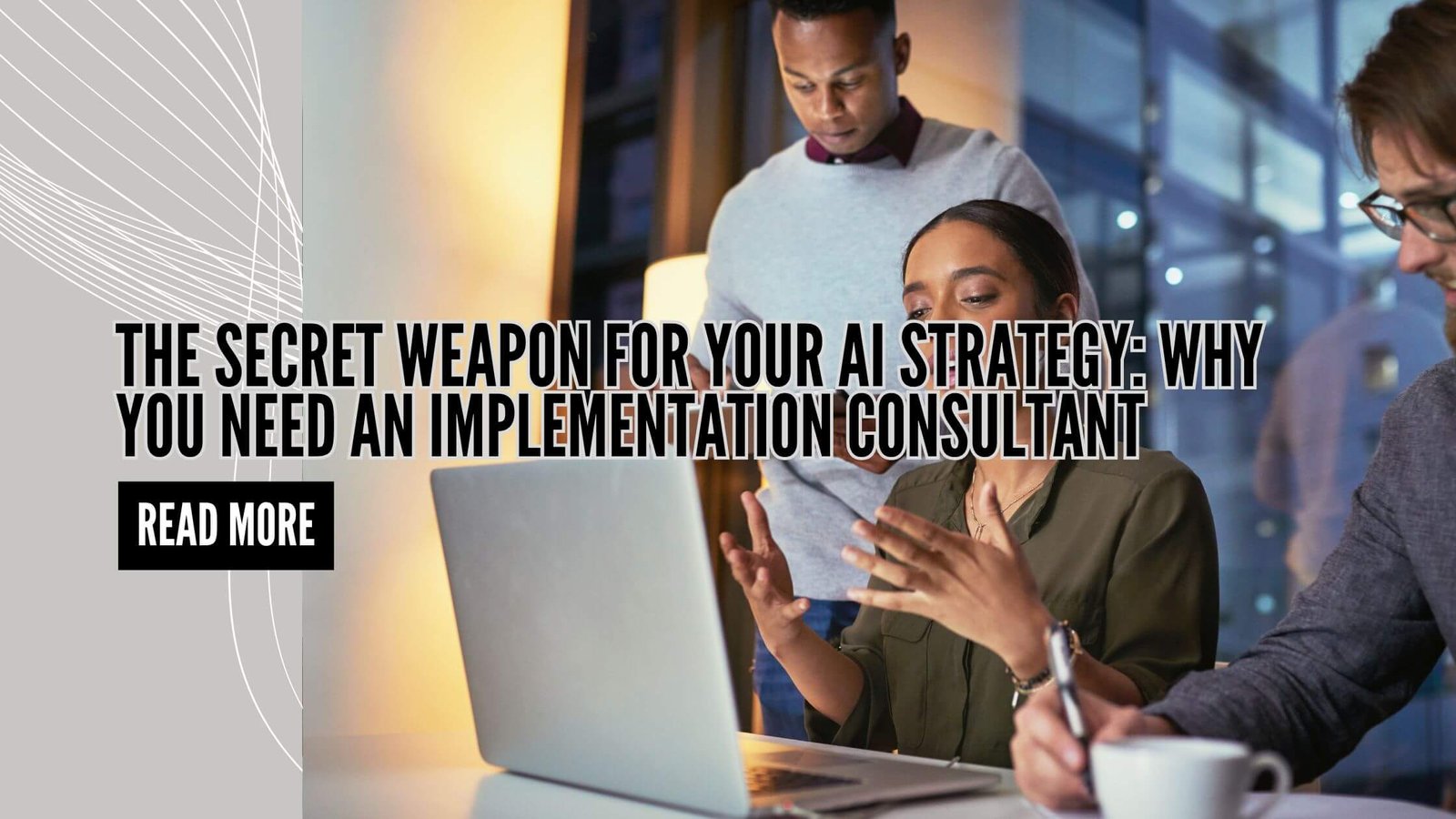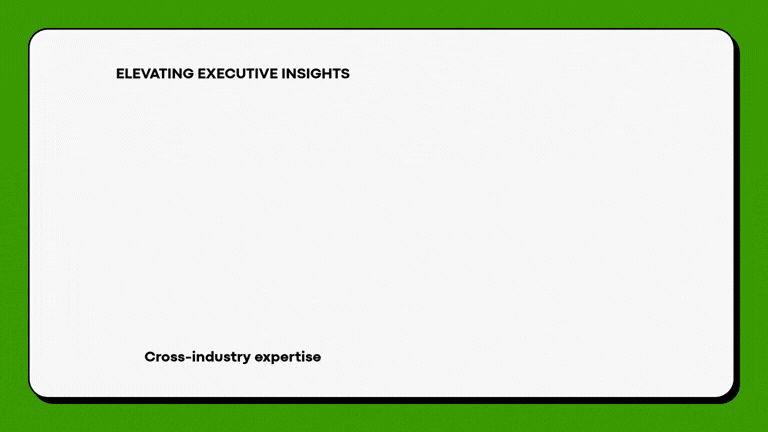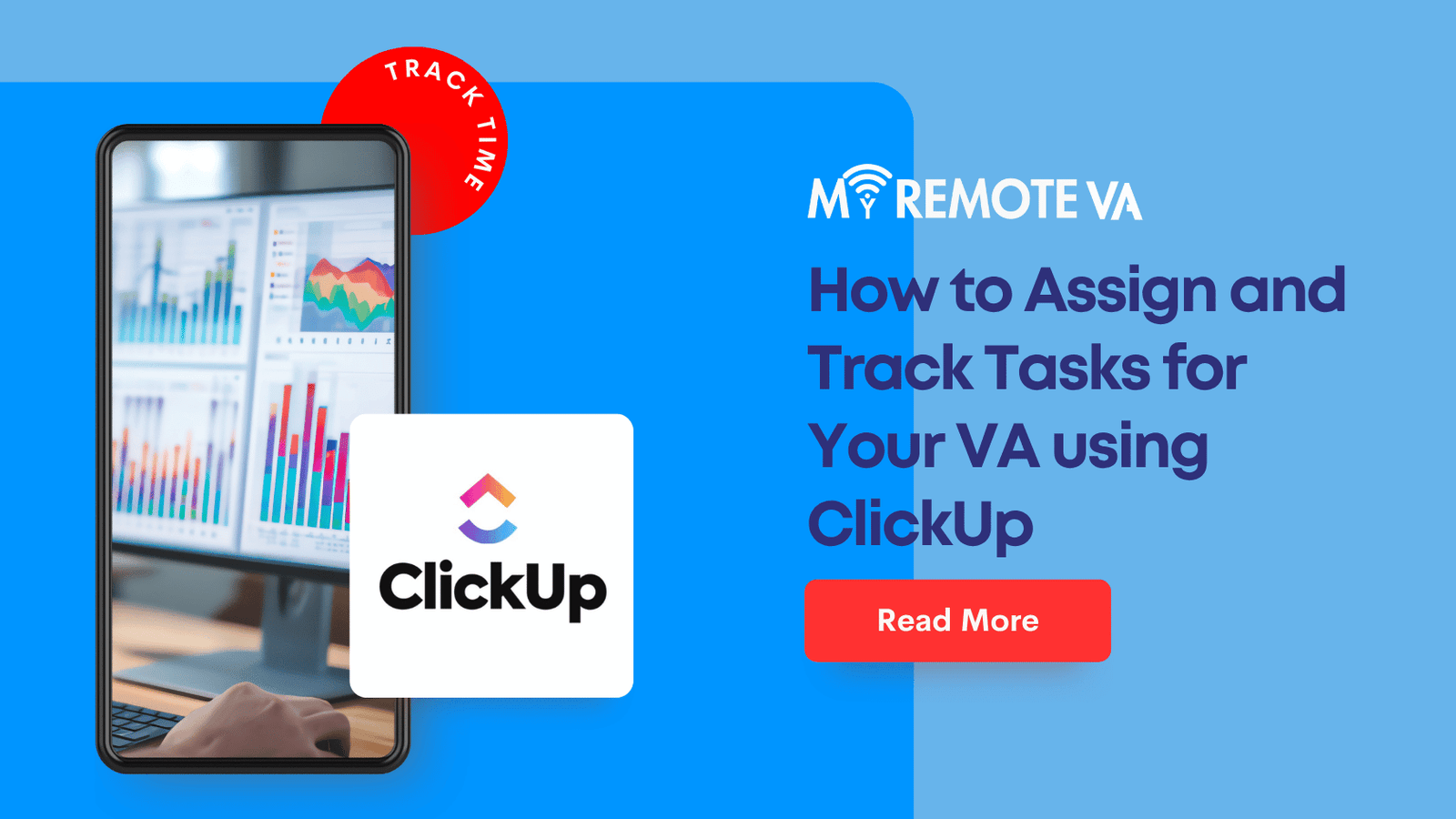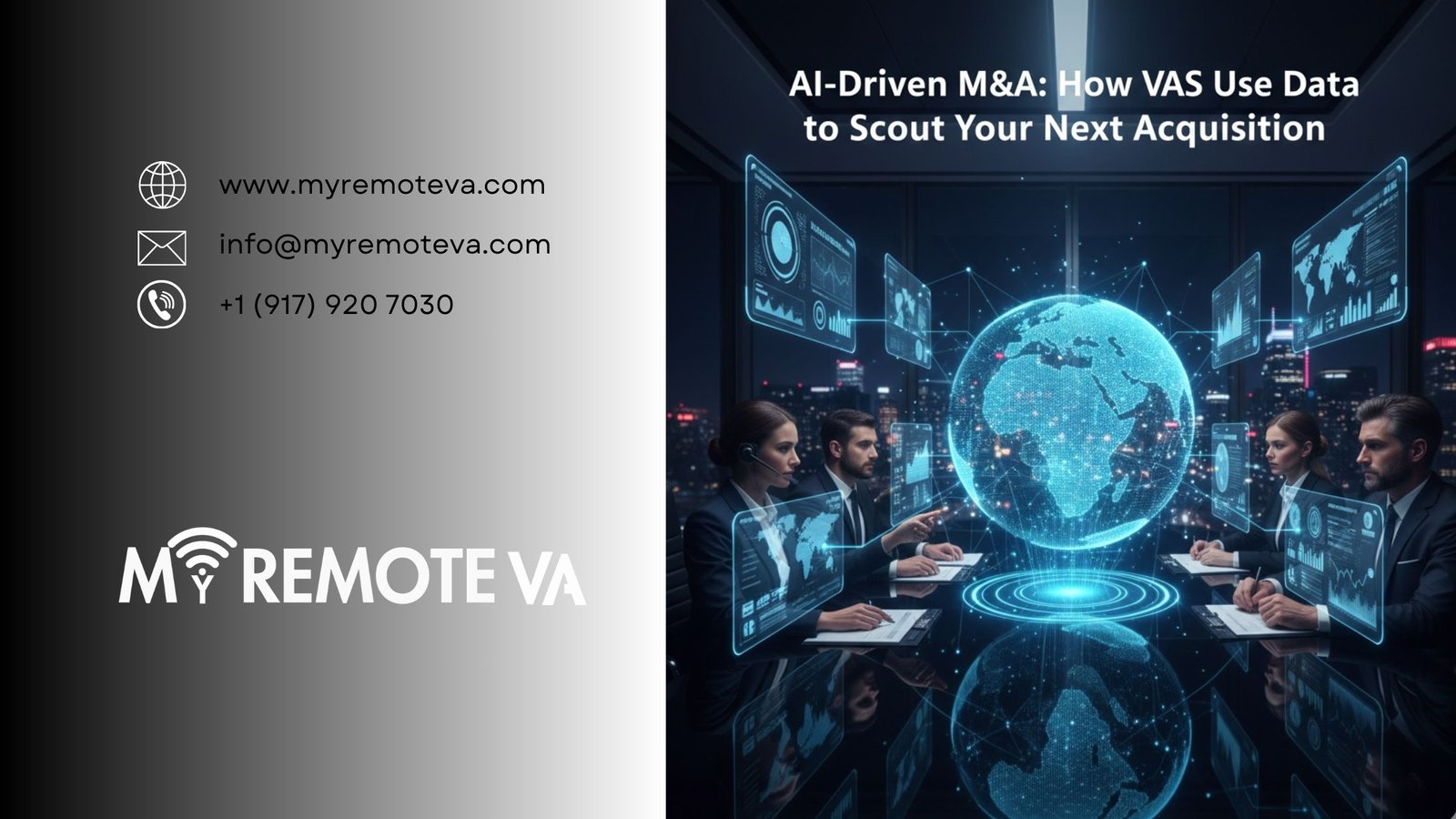Ever feel like you’re staring at a big, complicated machine with no idea how to make it work for you? That’s what a lot of business owners tell me about artificial intelligence. You hear all the buzzwords—machine learning, predictive analytics, chatbots—and you know it holds the key to incredible growth and efficiency. But how do you actually get from “I know it exists” to “It’s making my business better”? The jump from theory to reality can feel like a chasm.
A few years back, I saw this firsthand with a friend who runs a small online shop. She was pulling her hair out watching her competitors use AI to recommend products and handle customer questions, while she was still manually sifting through data. She had a fantastic team and a great product, but she was stuck. She had the car but no one to show her how to drive it. That’s the moment I realized just how vital an AI implementation consultant is. They’re not just a tech guru; they’re a strategic partner who turns that scary, complex machine into a tailored solution that fits your business like a glove.
So, what’s it really like to work with an AI consultant? And what do they do that you can’t just handle yourself? Let’s break it down.
What an AI Implementation Consultant Really Does
Forget the idea of a consultant who just swoops in and drops a bunch of technical jargon. A great AI consultant acts as a bridge between your business goals and the world of AI. They’re less about selling you a product and more about helping you solve a problem. They’ll sit down with you and ask, “What keeps you up at night?” Is it an inefficient customer service process? Are you struggling to make sense of huge amounts of data? Their job is to listen, and then map those problems to potential AI solutions.
The first step is always an honest assessment of your current situation. Think of it like a doctor’s visit. They’ll check the health of your data—is it clean, organized, and ready to be used? A friend of mine who’s an AI consultant says he spends more time on data preparation than on building the actual models. Because let’s be real, you can’t get smart insights from messy, incomplete information. Without this foundational work, any AI project is a house of cards waiting to fall.
Once your data is in good shape, they start playing detective. They look at your workflows to find places where AI could make a real impact. Maybe a tool for sentiment analysis would help you understand customer feedback better, or a predictive model could give you more accurate sales forecasts. It’s about finding the right fit, not just jumping on the latest trend.

The Human-Led Process of AI Integration
Bringing AI into your business isn’t a single event—it’s a journey. An AI consultant is your guide on this path, managing everything from the initial brainstorming to the final deployment. Here’s a look at the key phases they’ll walk you through.
Figuring Out the Game Plan
Before any tech gets built, a good consultant will get everyone on the same page. They’ll meet with your team—from marketing to operations—to set clear, measurable goals. Do you want to increase lead generation by 10%? Or maybe reduce manual data entry by half? They help you turn those big dreams into small, achievable steps. It’s a lot of whiteboard sessions and “what if” scenarios, making sure everyone understands the “why” behind the project.
Building the Foundation with Your Data
This is where the real work happens. The consultant will help you organize and prepare your data, which is often the biggest bottleneck. They’ll identify inconsistencies and help you label the information so it’s ready to be fed into a model. It’s not the glamorous part of the job, but it’s absolutely non-negotiable for success. As they say in the AI world, “garbage in, garbage out.”

Making It Real: From Blueprint to Reality
With a solid plan and clean data, the consultant helps you choose the best tools and technologies. This isn’t about picking the flashiest new software; it’s about selecting a solution that’s practical and scalable for your business. They’ll design the system, manage its development, and ensure it integrates smoothly with your existing tools. This is where you see the blueprint start to take shape and the AI solution begins to feel real.
Keeping the Engine Running
The moment the AI solution goes live is just the beginning. The consultant will set up systems to monitor its performance, making sure it’s delivering on its promises. A good AI model is never “done”—it needs to be continuously trained and updated as your business and data evolve. This is a crucial, long-term step for sustained success.
It’s interesting how a consultant’s role intersects with other types of support. For example, a virtual assistant could handle a lot of the initial data collection or project management tasks to free up the consultant for the more strategic work. You can read more about how a business consultant differs from a virtual assistant, and how a virtual assistant could even help with the non-technical side of things, like strategic planning, in business consultant differs from a virtual assistant. It’s all about building a team that’s structured for success.

What to Look for in Your AI Partner
So, you’ve decided you need a guide for this journey. How do you find the right one? It’s more than just technical skills. Here’s my advice:
- Find a Pragmatist, Not a Theorist. The best consultants aren’t obsessed with the coolest new tech. They’re obsessed with your business problem. They’ll ask, “What’s the ROI on this?” and make sure the solution actually makes you money or saves you time.
- Look for Industry Experience. A consultant who has worked in your industry will already speak your language. They won’t need to spend weeks just learning the ropes. They’ll be able to spot opportunities you might have missed.
- Can They Teach You? The goal isn’t to be dependent on your consultant forever. A great one will empower your team, teaching them to understand, manage, and even improve the AI system once it’s in place. They want you to succeed on your own.
- Communication is Key. Can they explain a complex machine learning model to your non-technical marketing team without making their eyes glaze over? This is a superpower. A good communicator can build excitement and buy-in across your entire company.
At the end of the day, an AI implementation consultant can turn a daunting, vague idea into a clear, tangible plan. They’ll navigate the complexities of data, technology, and strategy, allowing you to focus on running your business. They’re not just implementing technology; they’re building a smarter, more efficient future for your company.
My Take on an AI Consultant’s Role
If you’re still on the fence, here’s my personal summary. An AI consultant is like a professional translator for your business. They translate your business problems into a language AI can understand, then they translate the AI’s solutions back into a clear, actionable plan for your team. They handle the messy, technical details so you can enjoy the benefits without the headache. It’s an investment in not just technology, but in your company’s long-term intelligence and efficiency.
FAQ
Q: How do I know if my business is ready for an AI implementation consultant?
A: If you have a solid idea of a business problem you want to solve, but lack the internal knowledge or resources to even start exploring AI, you’re ready. This is especially true if you’re collecting a lot of data but feel like you’re not fully leveraging it for strategic decisions. A consultant helps you find that starting point and build momentum.
Q: What’s the main difference between an AI consultant and an AI engineer?
A: Think of an AI consultant as the architect and an AI engineer as the builder. The consultant designs the plan and strategy—figuring out what to build and why. The engineer then takes that plan and constructs the actual AI systems, writing the code and setting up the infrastructure. You need both for a successful project, but they serve very different purposes.
Q: How much does hiring an AI consultant cost?
A: It’s hard to give a single number, as costs vary widely based on the project’s complexity and the consultant’s experience. Some charge hourly, while others offer a fixed project fee. The best approach is to get a detailed proposal from a few candidates, so you can clearly see what you’re getting for your investment and what the expected ROI is.
Q: Do I need to have perfect data before I can start?
A: Absolutely not! In fact, most consultants expect to find messy data. Part of their job is to help you clean and organize it. Don’t let imperfect data be a barrier. A great consultant can help you get your data house in order, and sometimes, a small-scale “proof of concept” project can be done with the data you have to show the value of a larger investment down the line.










